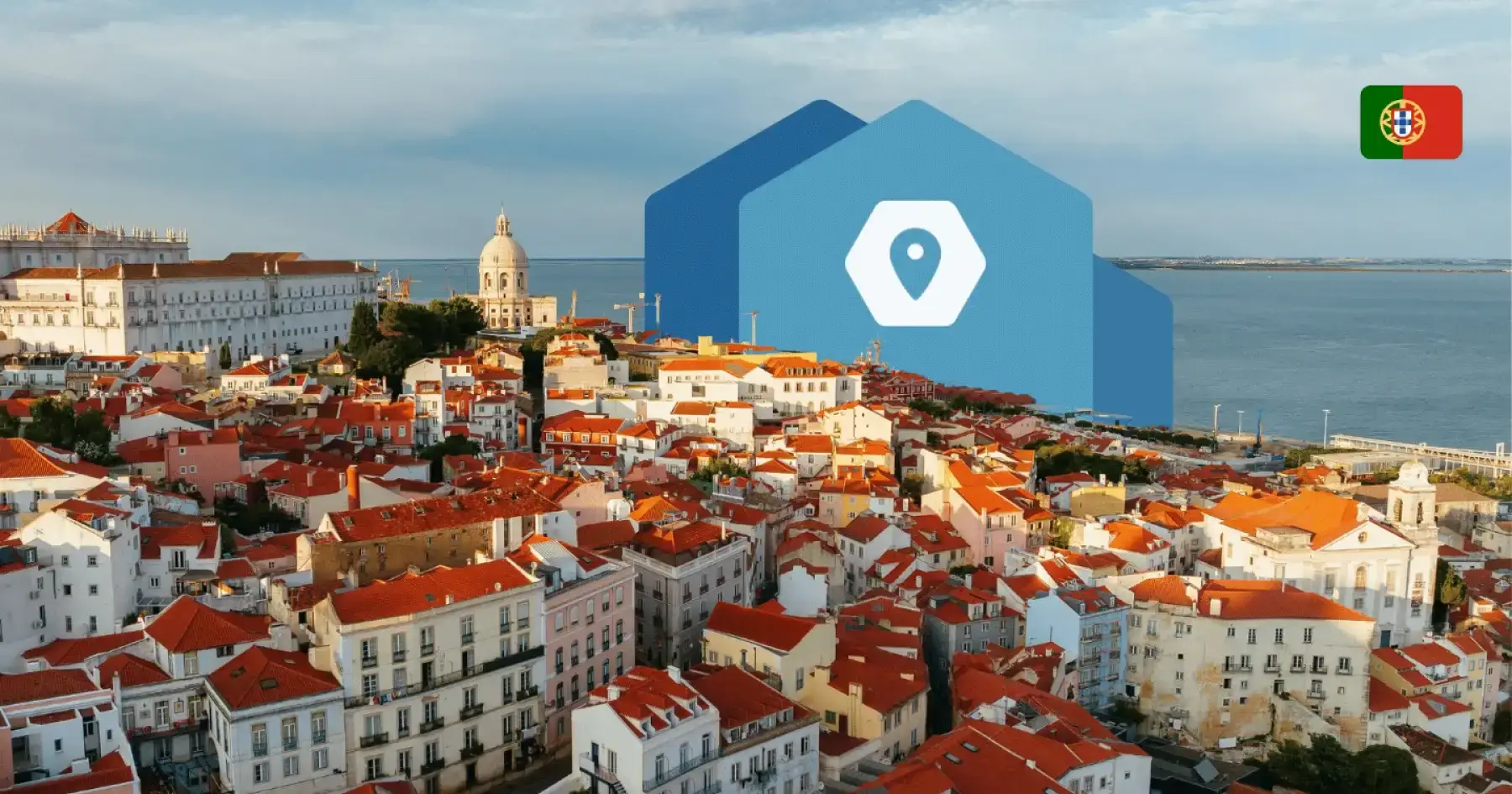A Portuguese company wanted to hire a Russian national as a freelancer and assumed the Digital Nomad visa applied. Upon review, this case required either a D2 Self-Employment Visa or D3 Highly Qualified Visa, depending on the nature of work and the contractor’s qualifications.
Can a Portuguese company hire a foreigner freelancer under the Digital Nomad visa?
No. If the company has a registered entity in Portugal and plans to contract the Russian national as a freelancer within Portugal, they must apply for a D2 Self-Employment Visa or possibly a D3 Highly Qualified Visa. The Digital Nomad visa only applies if the individual works remotely for a company based outside Portugal. It also requires proof of at least 3,280 EUR monthly income over the past 3–6 months.
Summary: Portugal D2 / D3 Visa Process
Visa Applicable for Freelancer Hire in Portugal
Context & Background: The Challenge
A company with a registered entity in Portugal sought to onboard a Russian freelancer quickly. They believed the Digital Nomad visa allowed freelancing within Portugal, but this was a misunderstanding of visa applicability.
Jobbatical’s Approach / Applicable Regulation
Jobbatical clarified that the Digital Nomad visa only applies to remote workers employed by foreign-based entities. For freelancers offering services within Portugal, the correct options are the D2 Self-Employment Visa or D3 Visa for highly skilled professionals. Salary proof of at least 3,280 EUR per month over 3–6 months is mandatory for the Digital Nomad route.
The Outcome
The employer learned that if their freelancer works locally with a Portugal-based contract, a D2 visa is suitable. If the freelancer qualifies as a highly skilled worker, a D3 visa provides a better route. Using the wrong visa could result in compliance issues or rejection of the residence application.
Employer or Talent Steps
- Verify whether the freelancer’s work is for a Portuguese or foreign entity.
- Choose between D2 (self-employed) or D3 (highly qualified) visa accordingly.
- Prepare proof of income and relevant professional credentials.
- Consult Jobbatical for documentation and application guidance.
Key Learnings
- The Digital Nomad visa applies only to remote work for foreign employers.
- Onsite or local engagements in Portugal require D2 or D3 visas.
- Salary thresholds and income documentation are decisive factors.
FAQs: Portugal D2 and D3 Visa for Freelancers
This covers the following use cases:
- Can a Russian freelancer work for a Portuguese company under the Digital Nomad visa?
- What visa does a Portuguese company need to hire a non-EU freelancer locally?
- How does a Portuguese employer hire a Russian national on a freelance contract?
- Is the D2 visa more suitable than the Digital Nomad visa for freelancing in Portugal?
- What are the income requirements for Portugal’s Digital Nomad visa?
- Can a foreign professional use the Digital Nomad visa if their client is based in Portugal?
- When is the D3 Highly Qualified Visa applicable for freelancers in Portugal?
- What are the Portuguese visa options for non-EU nationals providing self-employed services?
- Can a company in Portugal legally contract a Russian freelancer on a local basis?

.svg)



















.png)




.svg)
